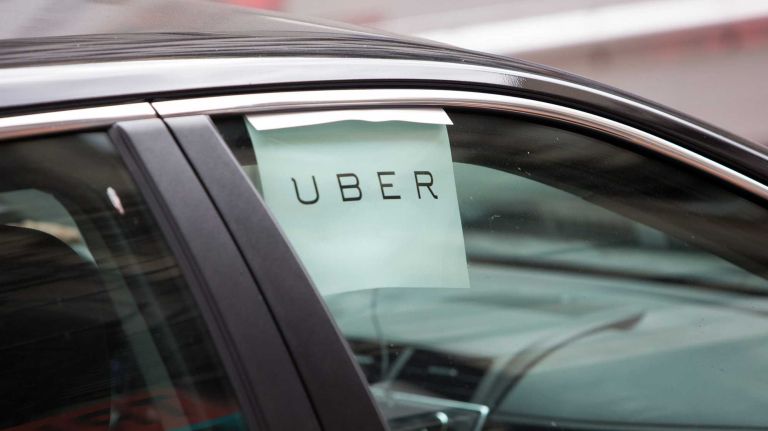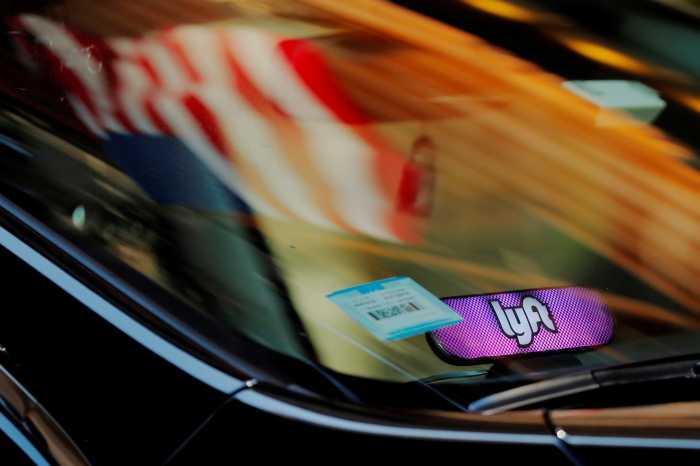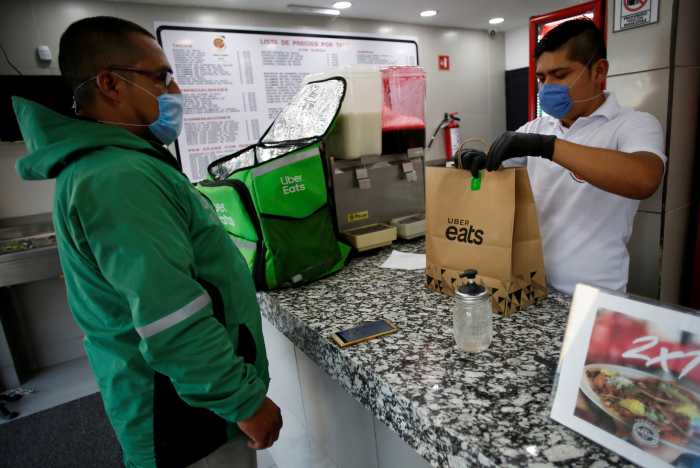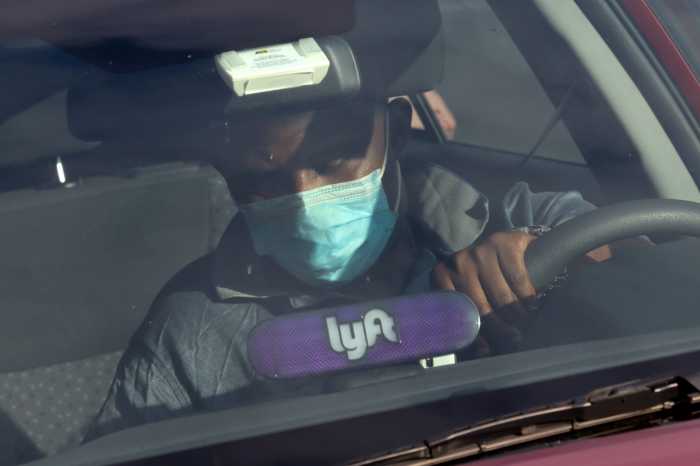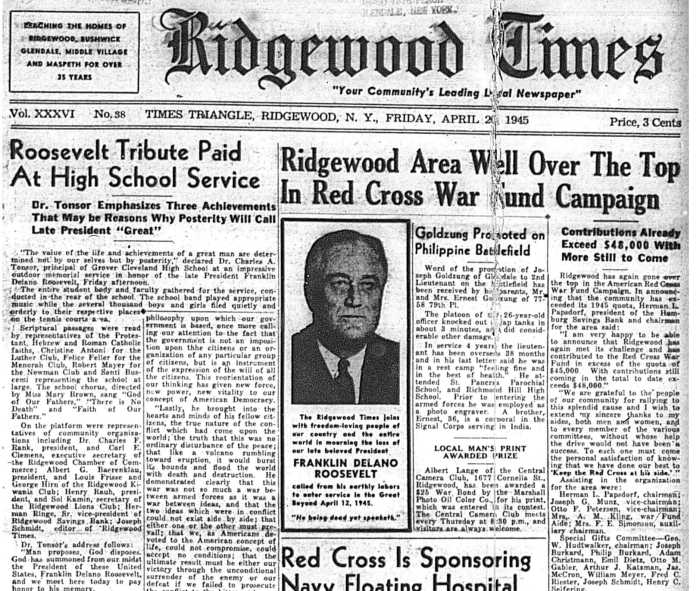Uber has sued the New York City Taxi & Limousine Commission, aiming to block a “drastic” rate increase for drivers approved last month just days before its scheduled implementation.
In a petition filed in Manhattan Supreme Court on Friday, the rideshare giant claims that the 7% increase in per-minute rates and 16% per-mile increase approved by the TLC last month constitute “dramatic, unprecedented, and unsupported hikes” and should not be allowed to go into effect as planned on Dec. 19.
Uber contends that the rate hikes would force it either to expend an additional $21-23 million per month on compensation, or hike fares in the Big Apple by an average of 10% — a quandary the company deems unacceptable, given it has already upped fares by a whopping 48% since 2019.
“Such a significant fare hike, right before the holidays, would irreparably damage Uber’s reputation, impair goodwill, and risk permanent loss of business and customers,” the company wrote in its petition.
With inflation at its highest rate in 40 years, further increases to the price of an Uber may incentivize potential customers to instead take a yellow cab, bus, or subway to their destination, or even stay home, costing the company “trip volume and revenues,” Uber claims.
The company argues the TLC was “arbitrary and capricious” in determining the inflation index it would use to inform this year’s rate increases. The last rate increases, in 2020 and in March of this year, only upped outlays by 1.46% and 5.34%, respectively, which Uber deemed reasonable and in keeping with historical precedent.
But the significantly larger November hike relied on defective data analysis, the company says, by cherry-picking monthly inflation data for comparison, and using a different version of the Consumer Price Index focused solely on transportation.
“The Commission has provided no explanation — reasoned or otherwise — for choosing such a volatile index, one driven by abnormally high gas prices that already have subsided,” reads the filing. “And then the Commission compounds the irrationality by locking in the proposed increases for all time and ignoring any future data showing a negative rate of inflation.”
Reached for comment, Uber spokesperson Freddi Goldstein said it was irresponsible to tie a permanent rate increase to high gas prices, a temporary phenomenon.
“With this latest rulemaking, on top of the annual inflation adjustment, the TLC is choosing to invent a new methodology that locks in this summer’s high gas prices in perpetuity with a ‘mid-year’ adjustment that takes place 12 days before the end of the year,” Goldstein said in a statement. “The TLC should have followed its usual annual adjustment and instituted a temporary gas surcharge when gas prices were actually elevated.”
Forecasting “immediate and irreparable harm” to the company’s reputation and bottom line, Uber is seeking to have the rate increase vacated by the court before it can go into effect next week, pending the result of the court case.
In a statement, TLC Commissioner David Do said the agency is confident it will prevail in a court of law.
“We must stand behind our workers without traditional employment protections. New York City leads the nation in protecting drivers, and this important rule reflects that reality,” said Do. “We are confident that we are well within our legal authority in implementing this important rule, and we are vigorously fighting this lawsuit.”
In 2018, New York became the first city in the country to implement a minimum wage for rideshare drivers, who are independent contractors. The initial $17.22 minimum wage has been bumped up twice, most recently in March.
Uber noted in its lawsuit that it did not challenge the implementation of the minimum wage, which it says demonstrates how drastic the new hikes are. In fact, a lawsuit challenging the wage rule was filed by the company’s chief competitor, Lyft, which argued that the minimum pay rule would unduly benefit the dominant player in the market: Uber. A judge tossed that suit in 2019.
Unions representing drivers lambasted Uber’s move to block the wage increase, which they argue is necessary due to punishing inflation driving up their cost of business and living. The New York Taxi Workers Alliance, which reps 21,000 cabbies and rideshare drivers, said Uber had pulled a “Grinch move.”
“Just in time to steal Christmas from New York families, Uber is suing to stop the raise the TLC enacted for app drivers after months of public hearings, years of stalled wages, and the pandemic decimating incomes,” wrote the NYTWA on Twitter. “We call on the City to stand firm and defend the rights of drivers to labor with dignity. Uber seeks chaos. We seek dignity. We are confident we will prevail.”
The TLC voted to raise for-hire vehicle rates on the same day it approved the first raise for yellow cab drivers in 10 years.
Also condemning the decision was the Independent Drivers Guild, a group that got its initial funding from Uber as a corporate union of sorts but has since publicly broken with the company numerous times.
“In an outrageous and callous move, Uber is suing to block a raise for NYC Uber drivers, the lifeblood of the company who are barely scraping by,” the Guild wrote. “It’s offensive that Uber would fight a necessary increase for the workers who make the company work and who help half a million New Yorkers get where they need to go, every single day. Workers fought HARD for this raise and we are NOT backing down.”
This story has been updated with comments from Uber and the TLC.



